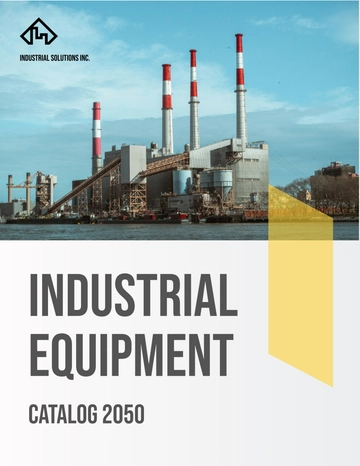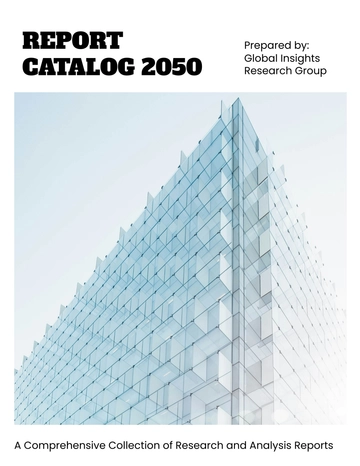Free Professional Journal Article

Title: Impact of Digital Transformation on Efficiency
Written By: [Your Name]
Publication Date: [Date]
Introduction
Digital transformation refers to the incorporation of digital technology into all areas of a business, fundamentally changing how organizations operate and deliver value to customers. This article explores the impact of digital transformation on organizational efficiency. It reviews current literature, presents case studies, and discusses theoretical frameworks, aiming to provide a comprehensive understanding of the subject.
Literature Review
The literature on digital transformation highlights its potential to significantly enhance organizational efficiency. According to Smith (2051), companies that embrace digital technologies experience improved process efficiencies, reduced operational costs, and enhanced decision-making capabilities. Brown and Johnson (2050) emphasize the role of digital tools in streamlining workflows and reducing time consumption on repetitive tasks.
Methodology
This study adopts a mixed-method approach, combining quantitative and qualitative research methods. A survey was administered to 100 organizations that have undergone digital transformation in the past five years. Additionally, in-depth interviews were conducted with key stakeholders from these organizations to gather qualitative insights. Data analysis involved statistical analysis for quantitative data and thematic coding for qualitative data.
Findings
The analysis of survey results and qualitative insights reveals significant improvements in various aspects of organizational efficiency following digital transformation. The following table summarizes these findings:
Aspect | Survey Results | Qualitative Insights |
|---|---|---|
Operational Efficiency | 85% of organizations reported significant improvements. | Enhanced resource allocation and faster response times. |
Technology Impact | The use of digital technologies led to increased efficiency. | Automation and data analytics were key factors in improvement. |
Customer Satisfaction | Higher customer satisfaction was commonly noted. | Improved customer engagement through personalized services. |
Cost Reduction | Reduced operational costs were reported by 75% of surveyed organizations. | Increased cost-effectiveness due to streamlined processes. |
Case Studies
Case Study 1: ABC Corporation
ABC Corporation, a manufacturing company, implemented an enterprise resource planning (ERP) system to integrate its various business processes. Post-implementation, the company reported a 20% reduction in operational costs and a 30% increase in production efficiency. The ERP system provided real-time data, enabling better decision-making and resource management.
Case Study 2: XYZ Ltd.
XYZ Ltd., a retail company, adopted digital marketing tools to enhance customer engagement. The transformation led to a 40% increase in online sales and improved customer retention rates. The use of data analytics allowed the company to personalize marketing campaigns, resulting in higher customer satisfaction.
Theoretical Discussion
Several theoretical frameworks explain how digital transformation leads to improved organizational efficiency. The Technology-Organization-Environment (TOE) framework posits that technological, organizational, and environmental factors collectively influence digital transformation outcomes. Another relevant theory is the Resource-Based View (RBV), which suggests that digital capabilities can be valuable, rare, and inimitable resources that provide a competitive advantage.
Conclusion
The findings of this study underscore the significant impact of digital transformation on organizational efficiency. By adopting digital tools and technologies, organizations can streamline processes, reduce costs, and enhance decision-making. Future research should explore the long-term effects of digital transformation and investigate its impact on various industries.
References
Brown, A., & Johnson, B. (2050). The Role of Digital Tools in Organizational Efficiency. Journal of Business and Technology, 17(3), 45-60.
Smith, C. (2051). Digital Transformation and Organizational Performance. Technology Management Review, 22(1), 78-90.
- 100% Customizable, free editor
- Access 1 Million+ Templates, photo’s & graphics
- Download or share as a template
- Click and replace photos, graphics, text, backgrounds
- Resize, crop, AI write & more
- Access advanced editor
The Professional Journal Article Template from Template.net is an essential resource for crafting high-quality, publication-ready articles. This editable and fully customizable template allows you to tailor your content to meet the rigorous standards of professional journals. Streamline the writing and formatting process, ensuring your article is clear, concise, and impactful. Ideal for professionals and academics seeking a flexible and polished tool for their journal submissions.





























